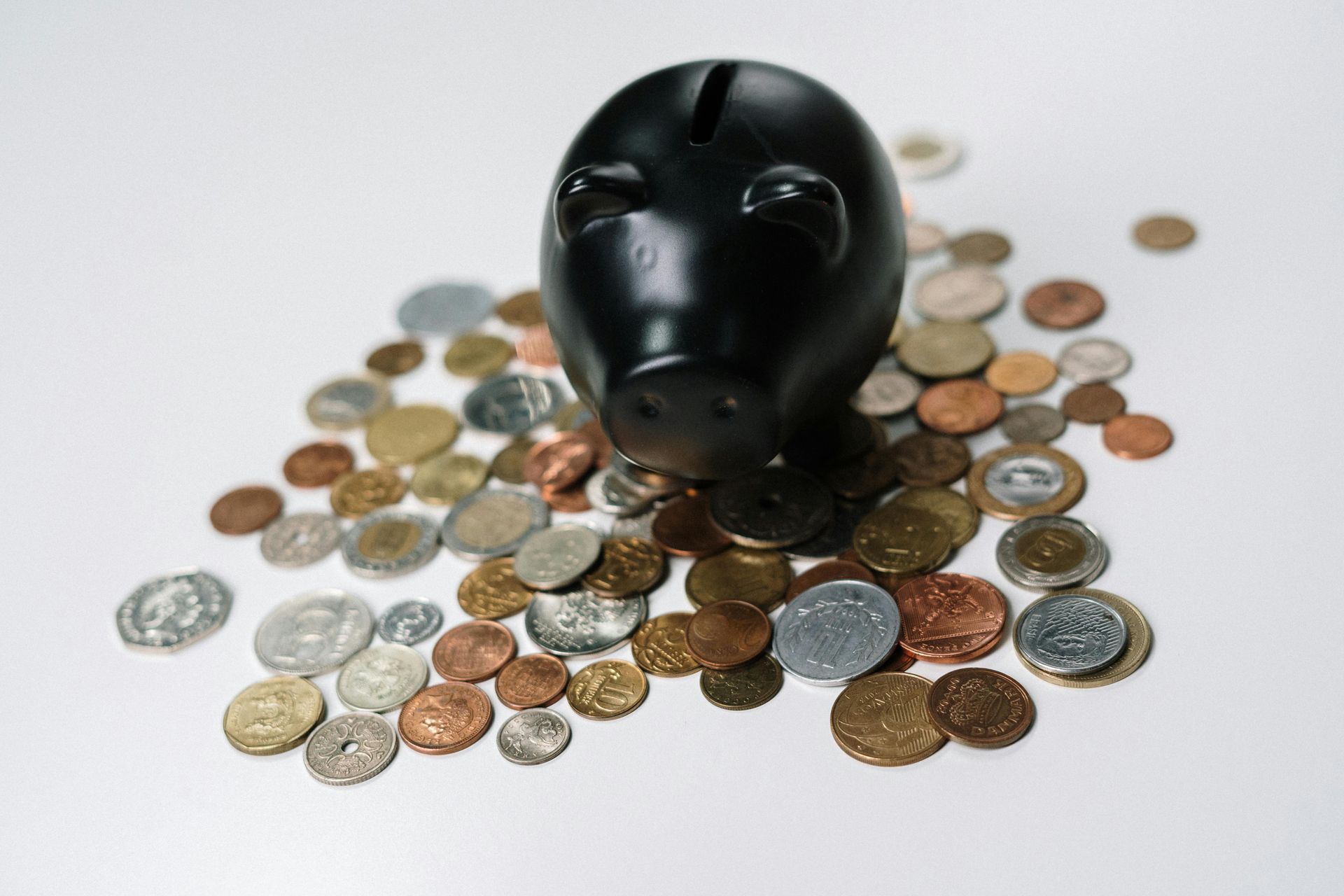Contact Us
Phone: 973-620-7303
Location
90 Washington Valley Rd
Bedminster, NJ 07921
Hours
- Mon - Fri
- -
- Sat - Sun
- Closed
We Offer Virtual Consultations | Call Now: 973-620-7303
Understanding Repayment Plans in Chapter 13 Bankruptcy
Understanding Repayment Plans in Chapter 13 Bankruptcy
Filing for bankruptcy can be a daunting process, but understanding how repayment plans work in Chapter 13 bankruptcy can help ease some of the stress. At Allan D. NewDelman PC, we assist the Phoenix public with bankruptcy matters, including helping clients navigate through the complexities of repayment plans. In this blog post, we will delve into how a repayment plan is calculated in a Chapter 13 bankruptcy and provide valuable insights for New Jersey residents considering this option.
Chapter 13 bankruptcy is often referred to as a reorganization bankruptcy, as it allows individuals with a regular income to develop a plan to repay all or part of their debts over a period of three to five years. The key component of a Chapter 13 bankruptcy is the repayment plan, which outlines how much each creditor will be paid and over what timeframe. The calculation of the repayment plan takes into account various factors such as the debtor's income, expenses, assets, and debts.
In order to calculate a repayment plan in Chapter 13 bankruptcy, debtors must first determine their disposable income. Disposable income is calculated by subtracting allowable expenses from total income. Allowable expenses include necessities such as housing costs, utilities, food, transportation, and healthcare. Once disposable income is determined, debtors must allocate this amount towards repaying creditors over the course of the plan period.
The length of the repayment plan in Chapter 13 bankruptcy typically ranges from three to five years based on the debtor's income level and ability to repay debts. During this time, debtors must make monthly payments to a trustee who then distributes these funds to creditors according to the terms outlined in the repayment plan. It is important for debtors to adhere to their payment schedule and fulfill their obligations under the plan in order to successfully complete their Chapter 13 bankruptcy.
One advantage of Chapter 13 bankruptcy is that it allows debtors to retain their assets while repaying creditors through a structured plan. Debtors also have the opportunity to catch up on missed mortgage or car payments and prevent foreclosure or repossession. Additionally, certain types of debts such as credit card balances or medical bills may be reduced or eliminated altogether depending on individual circumstances.
Understanding how repayment plans are calculated in Chapter 13 bankruptcy is crucial for individuals considering this type of financial relief. At Allan D. NewDelman PC, we are committed to helping New Jersey residents navigate through the complexities of bankruptcy and develop effective strategies for managing debt. If you are facing overwhelming financial challenges and need guidance on filing for Chapter 13 bankruptcy, don't hesitate to reach out to our experienced team for personalized assistance tailored to your unique situation. Remember that you don't have to face this difficult process alone – we are here to support you every step of the way.
Schedule a Case Evaluation
Contact us now!
Homepage FCE Form
We will get back to you as soon as possible.
Please try again later.
By submitting this form, you agree to be contacted by our law firm, either by phone, text or by email.
Practice Areas
Bankruptcy
Foreclosure Defense
Zombie Debts
Mortgage Loan Modification
Hours
- Mon - Fri
- -
- Sat - Sun
- Closed
Extended Phone Hours Available
Contact Information
Email: andy@winchlaw.com
Phone: 973-620-7303
90 Washington Valley Rd
Bedminster, NJ 07921
We are a debt relief agency. We are attorneys who help people file for bankruptcy relief under the bankruptcy code.
The information on this website is for general information purposes only. Nothing on this site should be taken as legal advice for any individual case or situation. This information is not intended to create, and receipt or viewing does not constitute an attorney-client relationship.
All Rights Reserved | Law Offices of Andy Winchell, P.C. | Powered By Convert It Marketing | Privacy Policy
All Rights Reserved | Law Offices of Andy Winchell, P.C. | Powered By Convert It Marketing | Privacy Policy











